From an unreleased seminar by John-Roger on the Mount of Beatitudes Israel, in 1986
Well, you probably didn’t think that you’d be sitting on the Mount of the Beatitudes. I never thought I would. This is the traditional site of the Beatitudes. It’s nice to be in a place that’s very warm and windy at the same time, so if you get a little hot you can cool off in a hurry.
People have often asked, “Is this the place where he sat? Or was it over there, over there, or over there?” I don’t suppose it really matters where he sat. But the words that were put to paper matter a great deal—primarily because they can be so misunderstood. I’m going to read you something out of the Book of Jeremiah in the Old Testament before we go into the Beatitudes, and I’m going to read it disjointedly but put together in my own way.
Jeremiah was one of the Travelers of the Old Testament. At that time they were called prophets. As time goes on, we use different names for these people who speak in the Lord’s name, but it doesn’t matter what we call them. If they’re not speaking with accuracy and if they don’t have any love, then we’re probably not going to be willing to sit and listen for very long anyway. If you’ve been around me long enough you’ll know that I’ll yell at somebody to get them to shut up so we can have peace and quiet. And I’ll tell somebody to stop it if they’re doing something that’s going to create havoc. A lot of people have thought that was being mean and ornery until they found out that it was just establishing a foundation for peaceful communication. And, after they stopped it and entered into peaceful communication, they found that I stopped what I was doing right along with them.
From Jeremiah:
This is what the Lord Almighty says. `Do not listen to what the prophets are prophesying to you. They fill you with false hopes. They speak visions from their own minds and not from the mouth of the Lord. They keep saying to those who despise me, ‘The Lord says you will have peace.’ And to all who follow the stubbornness of their hearts, they say ‘No harm will come to you.’ But which of them has stood in the counsel of the Lord to see or hear His word? I haven’t heard what the prophets say who prophesy in my name. They say, ‘I had a dream. I had a dream.’ How long will this continue in the hearts of these lying prophets who prophesy the delusions of their own minds? They think the dreams they tell one another will make my people forget my name just as their fathers forgot my name through Baal worship. Let the prophet who has a dream tell his dream. But let the one who has my word speak it faithfully.
We all have this temptation in our mind to think that if we think something, it’s true. And if we can make somebody else look small or belittle them, we look bigger by comparison. But in truth, we’re just who we are regardless of what we say or do to anybody else. And that’s the part that I have always wanted to deal with with in people—who you are. A lot of people that I’ve been around physically would feign closeness with me, and then they would turn around and play little funny word games, and I would catch them at it. And since I don’t support people in their deceit, it wasn’t too long until that deceit came back upon them.
Then their world starts to fall apart because I don’t think any of us really can, out of our own mind or emotions, sustain ourselves for a long period of time. There’s just too much negativity that can go on in the world and throw us off. I don’t think even a group of us can sustain ourselves out of the mind or emotions for a long period of time. Even if we start telling each other lies about how wonderful we are, it won’t be too long until we wake up to the realization that we’re not really living a good life, that we might be living a life that’s quite deceptive. But nevertheless, we live the life that’s been given to us, and we live out that portion of it that is ours the best that we know how. And if we can know that inside of us, then we can enter into what’s been known as the Beatitudes.
The Beatitudes are attitudes of being, so they are not something that’s beyond anybody. They are actually something that you can have. You can change your attitude in seconds. You can be ferociously angry at someone, and someone else that you like a lot can walk into the room, and you change your voice instantly. You can be yelling and screaming at somebody at the office, and pick up the phone and say “hello” very calmly. We can do that because we have a lot of ability, and the misuse of that ability has been one of the biggest curses we’ve had to endure. When we misuse the ability, we get the negativity of everything around us to support us in it, in order to prove ourselves right.
Have you ever found out that you can get so much evidence about how right you are and how somebody else is wrong? Then you find out why they did it, and all your evidence falls apart. And you wonder why you wasted your time gathering evidence to support something. I worked with a person who was wanting to get somebody fired. He went around with a petition and had people sign it, and he came to me and asked if I would sign it to get the person fired. I said no. He asked why not, and I replied, “Because you’ll start a petition the next day to get me fired and have people sign it. And I’m just not participating in that.” I said that in front of fifteen or twenty other people, and they all walked over to where he was and crossed out their names on the petition. It dawned upon them that what they do to somebody else could just as easily be done to them, so they withdrew from hurting and upsetting the person.
These Beatitudes can show us how we interpret things and call them “misinformation.” In Matthew 5:3 it says, “Blessed are the poor in spirit, for theirs is the kingdom of heaven.” That sounds like it has to be crazy. But maybe what they’re talking about is not poor the way we think of poor. Maybe it means that they’re not so rich that they think don’t have to listen anymore; that they understand that they don’t know enough yet; that they still have to listen to gain the word of the Lord. And so this poorness is really a receptivity so that they can receive more. If we can look at this as, “Blessed are those who are willing to receive more, for theirs is the kingdom of heaven,” then it has a different ring to it. It isn’t telling us to be broke or be on welfare. You must put flesh and blood on the Master when he spoke it at the time, and on the people listening, because all the people that followed him were poor. At times they didn’t even have enough food to feed themselves.
“Blessed are those who mourn, for they will be comforted.” When I read that one, I thought, “That makes sense.” When you see somebody that’s hurt and “down,” and the reason is obvious—maybe it’s a death in the family or an illness, or something that’s going to affect them and others—then you want to put your arms around them and take away the hurt. But you can’t do that, because often the Lord will use the suffering to strengthen some part of our character. And even if we mourn over the suffering that we have, we have to rejoice in the perfection of the chastisement. That sounds like double talk, but not if you think about it a bit. Your suffering has always been based upon your weakness, so if you suffer your weakness enough, you’re going to start getting strong in it. In Insight we say, “I don’t want to support your weakness.” But at the same time, we don’t want to disregard the weakness either. So sometimes we show people how to strengthen what is hurting them, what they’re mourning over, and the reason for that.
“Blessed are those who hunger and thirst for righteousness, for they will be filled.” That one, to me, was pretty self-evident. But the righteousness that’s being referred to here is to love God with all your body, mind, and soul. So it’s not a throw-away word such as when you tell people to clean up their plate, wash their dishes, make their bed, or not to swear at their kids or yell at their husband. It is something that is calling you to an effort far, far greater. After you’ve done the best you can do, you redo it. And when you’re thinking you’ve done it the best you can, you then polish it up.
After Gainsborough painted “The Blue Boy,” he presented it to one of his teachers, who asked, “Is that the best you can do?” The painter looked at it and said, “No, I can do more.” Six months later he reappeared and showed his teacher the painting, and the Master asked again, “Is that the best you can do?” And he looked at it, and said, “No, I think I can do a little more.” This went on for quite a period of time. He finally came back in, and the master asked, “Well, is this the best you can do?” And he replied, “Yeah, that’s the best I can do.” The teacher said, “Well, fine. You know, it was really perfect when you first brought it in. But now you have a masterpiece.”
I think a lot of us are really perfect on a whole lot of levels. But we haven’t reached that place of mastership, and the world is asking us, “Is that the best you can do?” And we say, “No, I don’t think so.” So we go back inside and, and work again on our own inner canvas. Maybe someday it will come out and it will sell.
“Blessed are the merciful, for they’ll be shown mercy.” To me, killing somebody isn’t part of this mercy. I think most of us die inside so many times from people misleading us out of their own confusion, their own doubts, their own worries, their own concerns. They won’t tell us that they don’t know or they’re not sure. They just keep running the nonsense until you hurt. Somebody mentions their name, and you cringe inside. And if they’re going to be in your city, you move to another city. It seems like they’re not merciful. Instead of being straight with you they’ll play the game of projecting on you what they think it is that you were saying or doing, when that may not have been what was going on at all.
“Blessed are the pure in heart, for they will see God.” Did you notice it didn’t say “blessed are those people who have good minds?” Or “blessed are those who are good preachers, or who can out-talk you, or manipulate you or outflank you.” It’s just very simple: “Blessed are the pure in heart.” A long time ago I heard a young woman say, “When a pickpocket looks at an angel, he sees pockets.” I think a lot of us don’t really see people when we look at them, because we see whatever it is that we’re running inside of us. We often call it our own hidden agenda. We put it out on them and it just doesn’t fit. We’re not being human with the person; we’re not being loving with them. We’re just going to abuse them. And believe it or not, they’ll get a chance to abuse us back. They probably won’t, and you might never know that they resisted it, that they sidestepped their chance to get back.
“Blessed are the peacemakers, for they will be called sons of God.” Peacemakers are not the people who stop fighting outside. It’s not the one who negotiates for wars to stop. It’s the one who walks around inside and makes peace inside of them with whatever is going on outside. If somebody doesn’t get your letter typed or return the phone call, instead of you going crazy, you become a peacemaker. You say, “Well, let me have the information that you’ve got, and let me go from here.” The kingdom of heaven is within, and if we’re going to be sons of God, we’ve got to start going in. That’s got to happen at a place where we can get in. But if you’re yelling and screaming, I don’t think you’re going to hear the Lord if He calls on the phone inside of you.
“Blessed are those who are persecuted because of righteousness, for theirs is the kingdom of heaven.” Sometimes you’ll be persecuted for righteousness when you may not be doing righteousness. But you’ll say it’s because you were righteous. When you’re really persecuted for righteousness and people yell at you, you just look at them. You go, “Okay,” and you turn around and walk away. You can’t argue with them. It’s a waste of time. If I sat here and try to tell you that the wind isn’t blowing, you’d look at the trees, and you’d go, “Okay.” and then we’d all get back in the buses early because there’s something crazy going on.
That kingdom of heaven is a state of inner peace. But it’s not static, quiet, do-nothing. An inner peace actually allows you to find ways in, around, and through things that can’t be found any other way. I’ve been able to peacefully get things I want rather than to yell them into existence. But I’ve yelled people to attention and then immediately dropped into peace, and they get the information. If you do it as a technique, you never disturb the peace inside of you. You just disturb the air going to their ears.
“Blessed are you when people insult you, persecute you and falsely say all kinds of evil against you because of me.” I guess we could all use that one as a cop-out. If they’re saying false things about you but it’s not because of your being a lover of Jesus Christ, I wouldn’t try to use that to your advantage to find solace in it. I’d probably go to the person and say, “Let’s see if you and I can negotiate this so there’s peace and harmony between us.”
When I was growing up, the coal miners used to strike. They were called the United Mine Workers. They used to strike against the scab (non-union) miners, but the scab miners would sit right next to them in church on Sunday. There was very little they could do to stop it, even though there were people getting shot at during the week. One day after church, one of the young men who was a scab invited one of the union guys to stop by and have a beer. It was a hot day, and the union guy thought the beer on a hot day sounded good.
After three hours, they had negotiated a peace between the two different factions although neither one of them was authorized to talk for their group. The union man went back and talked to his people, and the scab went back and talked to his. They pulled all of the miners who were on strike off the picket lines, and they removed all the people who were out with their shotguns and rifles, and three or four of them sat down and worked out a deal. The deal was to let all the miners vote to decide whether they wanted to be union or non-union, and then it wouldn’t have to be forced on them. They handed out ballots, and the people that were non-union said, “We’re fine with it the way it is.” And the United Mine Workers union people all got in the cars and went home. That was after three months of picketing. Nobody ever thought for a minute to ask what they wanted instead of telling them what they were going to have. I think we have to watch that we don’t try to use information wrongly to justify our position. If you forget something, there’s no need to blame somebody for distracting you. You just forgot and left it, and you say, “I forgot and left it.” And you go back and get it, and the world goes on.
“Blessed are you when people insult you, persecute you, falsely say all kinds of evil against you because of me. Rejoice and be glad.” That one’s a real challenge. You think, “Oh boy, here comes somebody else to falsely accuse me and pick on me and bad-mouth me.” I think it would really take an expansion of ego to do that.
Those are the Beatitudes. But you really can’t understand the Beatitudes unless you look at Luke 6: 20:
“Blessed are you who are poor, for yours is the kingdom of God. Blessed are you who hunger now, for you will be satisfied. Blessed are you who weep now, for you will laugh. Blessed are you when men hate you, when they exclude you and insult you and reject your name as evil, because of the Son of Man. Rejoice in that day and leap for joy, because great is your reward in heaven. For that is how their fathers treated the prophets….”
“But woe to you who are rich, for you have already received your comfort.” It’s very hard to walk up to a person who has three or four hundred million dollars and is upset about something, and put your arms around them and comfort them. It’s hard to even get in their house. So they get to count their money for their own solace.
“Woe to you who are well-fed now, for you will go hungry.” If you think you’ve got it all right now, later on when you’re going to need to know something, you’ll be hungry.
“Woe to you who laugh now, for you will mourn and weep. Woe to you when all men speak well of you, for that is how their fathers treated the false prophets.” This is, to me, one of the best ones. If you find somebody who is really terrible and you extol them, then you can do your little negative things and get away with them because you’ve already made this big crook all right. And so we use the words of of the Bible to our own damnation. One of the great Hollywood actors was reading the Bible on his deathbed. Somebody asked him, “Are you repenting?” He said, “No, I’m looking for loopholes.” I don’t know if the story is true, but I think a lot of people read the Bible to find loopholes instead of finding how to shore up their character and how to straighten out what’s gone crooked in them. It can be very comforting to sit with a book that tells about things that you really wouldn’t want to have done or been part of, and about how people were hurt—and yet in the eleventh hour something mighty came into their life and saved them.
I love this part of the Beatitudes that I call “revenge is sweet”:
“But I tell you who hear me: Love your enemies, do good to those who hate you, bless those who curse you, pray for those who mistreat you.” That’s the way you drive them crazy. Can you imagine doing that and the other person comes back to you and says, “I’m really sorry?” But it’s not a hollow victory. It’s one where if you really love your enemies, and you’ve got love inside of you, so it doesn’t matter what they do. If you do good to them, it doesn’t matter if they come back or say anything to you because you’ve got good inside of you.
This is really a description of how you treat yourself, regardless of what other people do. “Love your enemies.” That means love yourself, because you can’t love your enemies if you don’t have love for yourself. “Do good to those who hate you.” You’ve got to do good to yourself so you can do good to others. “Bless those who curse you.” It means you’ve got to bless yourself. “Pray for those who mistreat you.” You’ve got to be praying for yourself. You’ve got to make the contact. “If someone strikes you on one cheek, turn to him the other also.” I always used to add, “Then duck,” because maybe the person never read this part of scripture. And if they’re not going to read their lines and play their roles correctly, you might not want to get too involved with them.
“If someone takes your cloak, do not stop him from taking your tunic.” With some of the people I know in this world, I’m not too sure that you wouldn’t want to just stop with the coat. You have to take into account the weakness of their life to see whether, if you do give that, you’re really leading them down the path of evil or despair. If they want your coat, you might give it to them. But to give them more, you might have to say, “No, I think maybe you and I could sit down and talk. I have a job I’d like done.” Maybe the person is full of slothfulness or laziness or procrastination, and that’s what’s causing them to be in that position, so adding to that position wouldn’t help them. A lot of wisdom has to be brought into these words. You can’t just take them and apply them blindly. You have to look at the situation, you have to ask your heart, and you have to ask the Holy Spirit for guidance. It may say, “With that person, don’t do that,” and with another, It may say, “Yes, do that.” It might say, “Go to the Heartfelt service projects and do it that way to many.”
“Give to everyone who asks you. And if anyone takes what belongs to you, do not demand it back. Do to others as you would have them do to you.” When I’ve heard that, I’ve often said that somebody didn’t quite get it. I’d rather have them do to me the way I’d like it done to me, because if some people treat me the way they treat themselves, they’re going to be beating me up verbally and mentally and emotionally, since that’s what they’re doing to themselves. I don’t want to be treated like that. I’d rather be treated in an uplifting, joyous, happy way.
“Even sinners love those who love them. And if you do good to those who are good to you, what credit is that to you? Even sinners do that. And if you lend to those from whom you expect payment, what credit is that to you? Even sinners lend to sinners, expecting it to be paid in full.” These sections are profound to me. If we just do the normal, common, everyday thing, so what? What has it done to elevate you? “Love your enemies, do good to them, lend to them without expecting to get anything back.’” Right out in front you can say, “You’ve asked for money. Is this a loan, or do you want a gift?” Sometimes you give it to them, and then you’re waiting for a payback. But they don’t know that. And then you’re going to beat them up for being deadbeats, but it was really your own self-righteous thought processes that set them up. So you have to communicate to them from the start what it is you’re going to do and what you want in return, if anything.
“But love your enemies, do good to them, lend to them without expecting to get anything back. Then your reward will be great, and you will be sons of the Most High, because He is kind to the ungrateful and wicked. Be merciful just as your Father is merciful.” That’s the high standard, isn’t it? That sun out there today is shining on the good and the bad equally. And we have a sun in our heart (or it’s really a fire)—not the physical heart, but the heart behind the physical heart, which is a fire that keeps the physical heart going. It doesn’t really care if we love or hate. But there are other parts of us, that, if they are not used correctly or if they are corrupted, then we die. But even after we die, the flame of the heart will be there for a long time. It has to really make sure you don’t want to participate in life anymore. This is why some of the old religions say not to bury a person for forty days, and they have certain rituals for dealing with the death of the body. They want to make sure that the flame is out. We call that the spirit.
“Do not judge, and you will not be judged. Do not condemn, and you will not be condemned. Forgive, and you will be forgiven.” This is one that started getting to me. “Give and it will be given to you, a good measure, pressed down, shaken together and running over…poured into your lap.” I understand all those words.
Now here’s the catch: “For with the measure you use, it will be measured to you.” If you give out of a little tiny hole, that’s how the stuff is coming back in. If you give begrudgingly, it’s going to be begrudgingly returned. And you won’t get it until you enter into begrudging in order to get it back. If you give it out of not wanting to give, you have to go into not wanting again in order to ask to get it. So you get the hurt both ways. There’s a part of this Bible where it says, “God loves a joyful giver.” You’re going to receive the same way you give. All you have to do is be joyful, and back it comes. Somebody said, “What if you don’t get it back?” I said, “How much is your joy worth?” And they said, “Gee, I don’t know.” I said, “Think about it. Just think about the joy inside of you.” They said, “Well, I don’t think there’s any kind of money at all that could buy that.” And I said, “Then you’ve been overpaid.” But isn’t it nice to know that whatever level you move to in order to give unto life, that’s the level you have to move to in order to receive?
“Can a blind man lead a blind man? Will they not both fall into a pit? A student is not above his teacher, but everyone who is fully trained will be like his teacher. Why do you look at the speck of sawdust in your brother’s eye and pay no attention to the plank in your own eye?” One of my very first teachers had a poem that she read in class when I was ready to take her apart. It said, “Walk around yourself to see that everything is in line before you start walking around anybody else.” I looked at her and I thought, “By golly, she knew I was coming.” And after she finished the poem, I decided I didn’t have time to walk around anybody else. I only had time to deal with my stuff to get it in line.
Jesus really loved everybody, and he never said anything bad except to the hypocrites. He really went after them. If the Pharisees were good Pharisees, he left them alone. If the Sadducees were doing their work, he left them alone. If the tax collector was doing his job collecting taxes, he left him alone. But those who were hypocrites, he really went after. He wouldn’t leave them alone.
Perhaps the biggest thing we have to deal with is our own hypocrisy. We can have an attitude of gratitude that we can improve, because the opportunity comes up every day. Your mind says things to you; then your eyes start to look around for whatever it is that your mind says you lack; then your emotions start to follow that. Then the feelings of the mind start to hurt and the emotions of the body grab hold of it, and pretty soon, you’re sick. Now you know how to be sick, and you know how to make yourself sicker. But we can reverse that by watching where we put our eyes, watching what we hold in our mind, watching where we put the feelings as they come up with the thinking in the mind, and putting our emotions where we want our body to go. These are very simple directions for living life.
None of this is complicated. But if you try to get all of what I’ve said out of the Bible, you might sit there for a long, long time saying, “Does it really mean that?” I could probably go through all this again by changing my attitude and come up with another interpretation that would be equally challenging and equally as hard to work, or as easy to work. And we could pass the Bible around, each person could give their interpretation, and from each one we would learn more and more. Then we might go out and feel overwhelmed about what we can’t do about it. And yet, after you hear all of it, the commandment is very simple. “`Love God with all your body, mind and soul. And love your neighbor as yourself.” Everything else is a commentary on that. Can you imagine how you love God with your body and mind? How about the soul? If you haven’t had an intimate relationship with your soul, how do you know how it loves? So you’ve got a step prior to loving with your soul, and that’s to find out what it is.
Once you find the soul, you’ll be able to find the soul in your neighbor. You might find out it’s the same one you’ve got. You may just find out that yours has a lot of experiences attached to it. You may look at theirs and think, “Oh, how pure.” And God looks at it and says, “How unevolved, how unexperienced. Go back and have a few more experiences. Not good or bad. Just learn from them and grow.”
Now we’re on PAT IV, and all this PAT IV is about is the experience, finding out what it is, and learning and growing. You’re really challenged in a very short period of time to transform your life and keep yourself grounded at the same time. Most of us want to transform and go airy-fairy and flighty and let people take care of us. And then one of the staff comes along and grabs you and says, “Get your feet on the ground. You have responsibilities to deal with in this life. I can’t do it for you. You’ve got to do it.” And all of a sudden you realize you’ve got to do it.
You can transform and walk at the same time because of one simple thing: As one of the later apostles Paul said, “Let the mind that was in Christ Jesus be in you.” The mind that is Christ, the universal mind, the divine mind, can be in you. It’s probably already there, because you’re getting along in spite of a lot of the things you put in your way. You have these “Eureka” moments, you awaken to great things inside of you, and you wonder how on earth you did it with what you knew. The nice thing about the divine mind is that the more you use it, the more you get to use it. It’s like running a mile. Once you run a mile, all of a sudden you start learning to run a mile and a half. And pretty soon you’re up to two miles. The ability to use the divine mind gives you the ability to use it more, like the ability to exercise gives you the ability to exercise more.
When we participate in life at any level, we gain the ability to do more of that. And if we start yelling and screaming in anger, we get more opportunities to yell and scream in anger longer and louder than before. At some point we have to halt, turn ourselves around and take guidance in our life with the help of the one in us that is greater than the one that is in the world.
We’ve been trained by this world to think that what can be seen physically is the greatest. And yet it’s quite obvious that what can be seen dies, and the one that can’t be seen breathes you and meditates you and takes care of you. Even when you get drunk, it will drive you home. Even when you get very sick with a death-dealing illness, it will get you well again. Even when you’re so dumb and stupid you don’t know what to do, you manage to stumble into it and wonder how you did that, because there is this divine intellect in there.
I think all these things we’ve been reading about here in the Bible are pointing to the heritage of our spirit. It would be nice if Jesus could have said one thing, and everybody could have gotten it. But, much like in this group, it had to be said a lot of different ways, because we all want to hear our way. If I didn’t say it your way already, say it to yourself right now so you can hear it. Always do that. If you want to hear somebody say, “I love you,” and you didn’t hear it, you can say, “I love you.” You get to hear it anyway. If they don’t love me, that’s okay. I love me. If they don’t take care of me, that’s okay. I’ll take care of me. It’s very important that we do that.
But we don’t do it out of vindictiveness or revenge. We do it to clear up what is standing between us and the Lord. All we’re doing is getting rid of the things that are blocking us from our own divine presence, which is really powerful with you people. With some of you, I think, “Wow, you’re so close to it, and yet I feel miserable for you, because you won’t do it.” I don’t know why you won’t. And others of you are quite far away, and I feel miserable for you because you’re quite far away. Then I look at it and I say, “I’m not going to feel miserable,” and I just go and be by myself. I look in the mirror and I say, “What are you doing here? A nice guy like you? You should be someplace else.” So I do SE’s and go someplace else. That is the secret mystery that Jesus was telling his disciples about all the time. To you is revealed the mysteries of the kingdom of God. And to these others, they’re not yet to know that mystery.
And so the parables are always spoken, and the double-talk is always spoken. And the recordings always ramble, and the conversation always moves around to drop people off who can’t keep going with it. Those who endure to the end say, “Got it.” They get the audio to go back and re-listen to it so they can be sure they’ve really got it. And then they practice it in until that habit, which is powerful for us, becomes a living reality going the right direction instead of doing things over and over negatively.
Then you start to get the idea that everything in and around and me is really for me. I’m the only one against me. And then you have to ask the question, who is it that’s against me inside of me? You can approach it by isolating it, and it takes a long time. It’s called fighting the devil and the demonic spirits. Or there is the other way, called love it all and go see God. If you can’t see demonic spirits, it’s awfully hard to fight them. It’s like fighting the wind. If you can’t see it, you don’t know where it’s going.
But one thing you can do is see people and love them. In loving them, your love comes alive. And in the love, you find the spirit of the Lord. And in the spirit of the Lord, you find the Lord. It works that way over and over and over and over. Two thousand years ago, the challenge was the same as it is today. You have to have a Be-attitude to be who you are—not who you think you are, not who you feel you are. But you’ve got to know what those are so you can separate them out and use them as techniques in the world. But when you get by yourself, you’ll find a joyfulness coming up, and you’ll find that’s who you are. That being is really joyful, and it will do ludicrous things like laugh in church. And if we can’t laugh in church we’ll laugh inside. Then when we get outside we laugh uproariously—and then they say, “You’re too close. You have to get further away because there are still people in there that can hear you be happy. They’re in there still suffering.” So we have to get away from the people that are suffering, in order to have joy. But at the same time, joy has to be put in all of these places that have been a process of suffering.
I suppose you know from your religious upbringing that most people have been taught the process called “pick up my cross and carry it.” Except for one thing: Jesus told us to pick up the yoke, but he said that the yoke is easy and light.
Baruch Bashan.







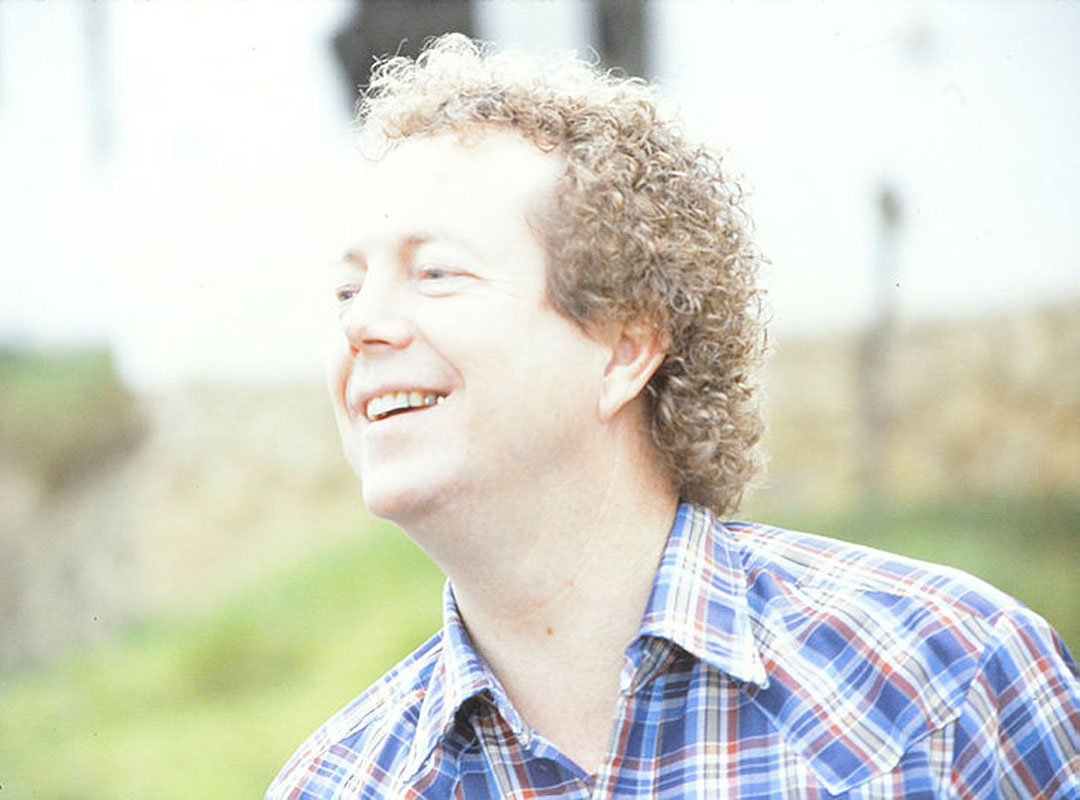
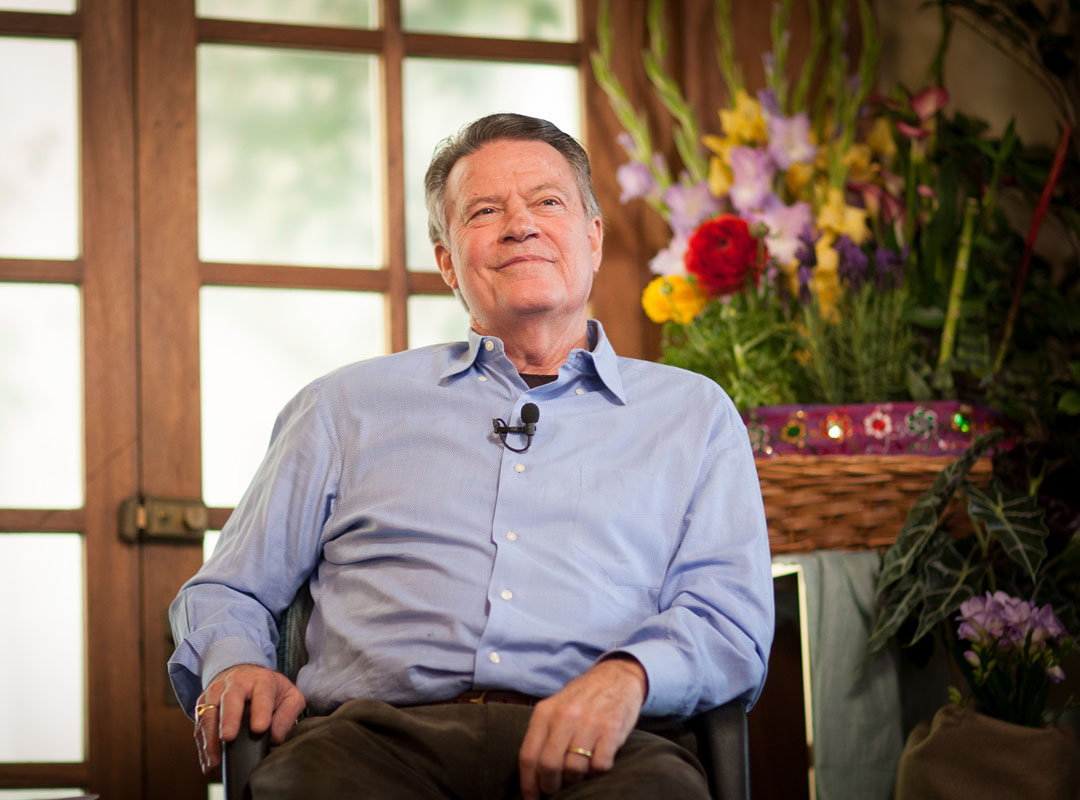
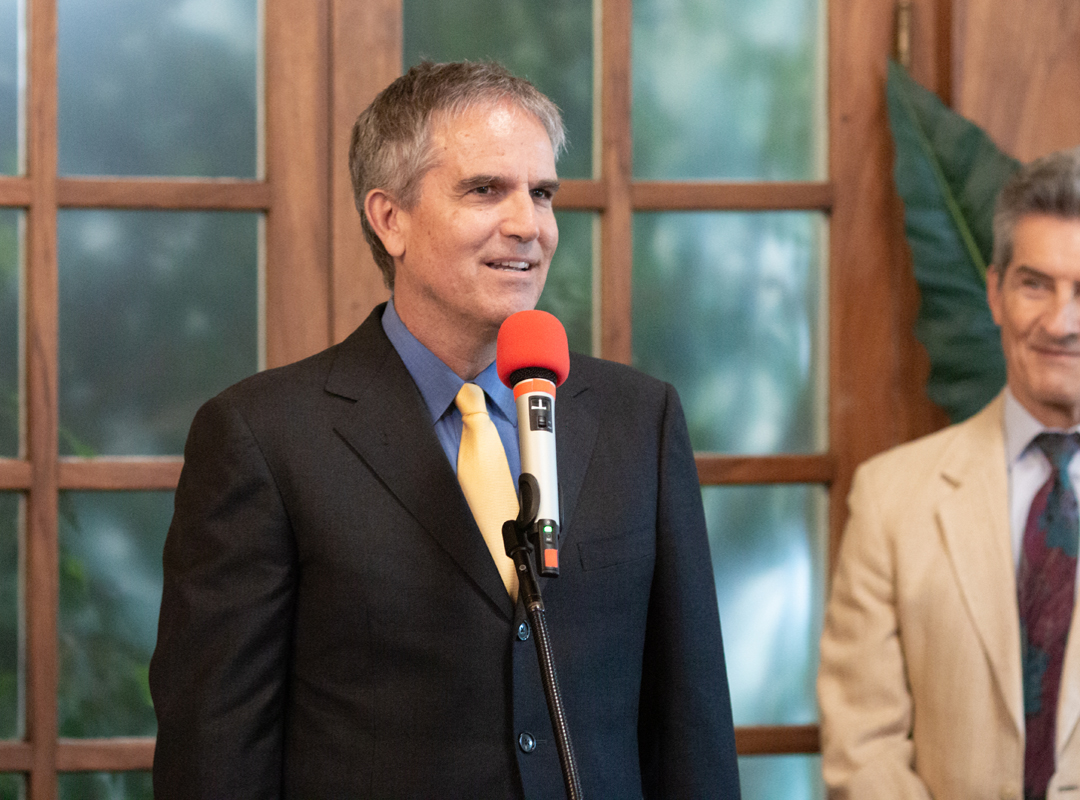

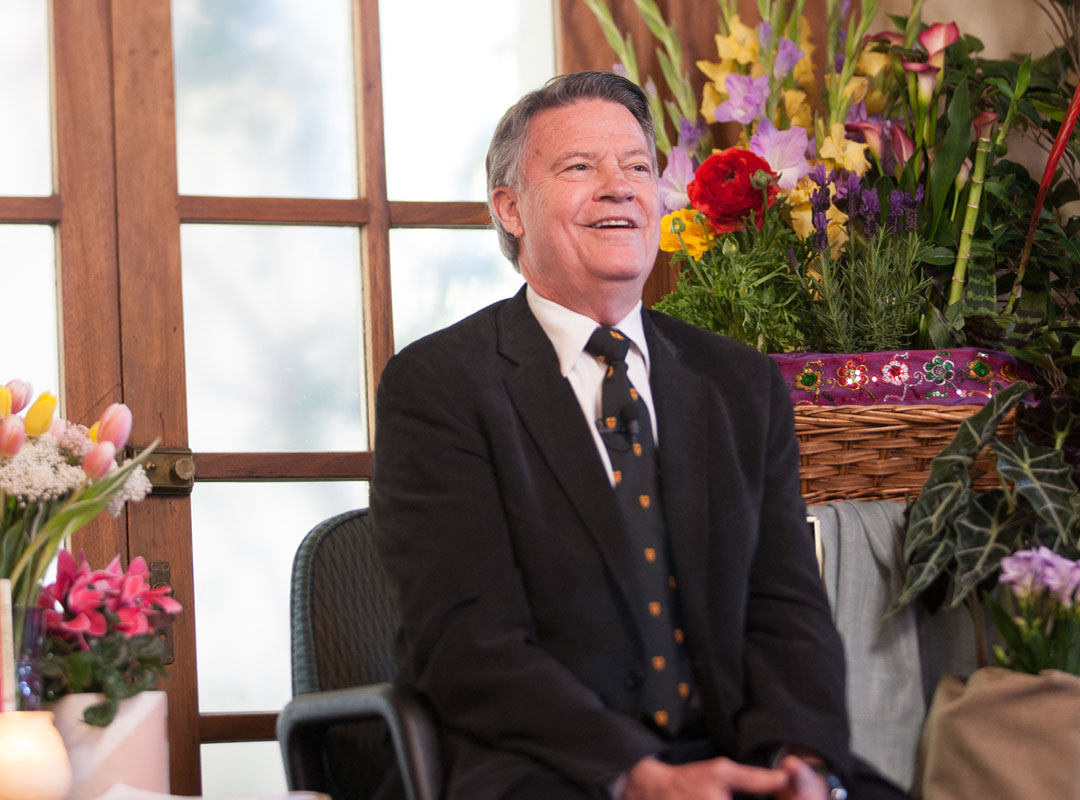


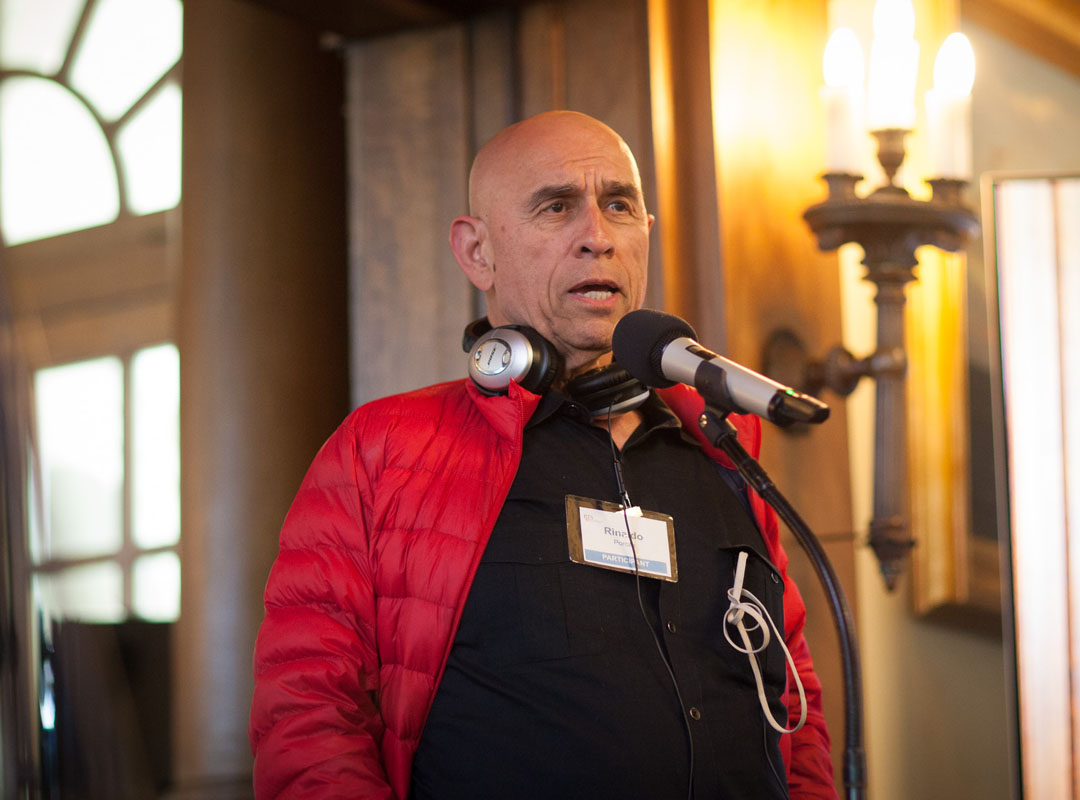

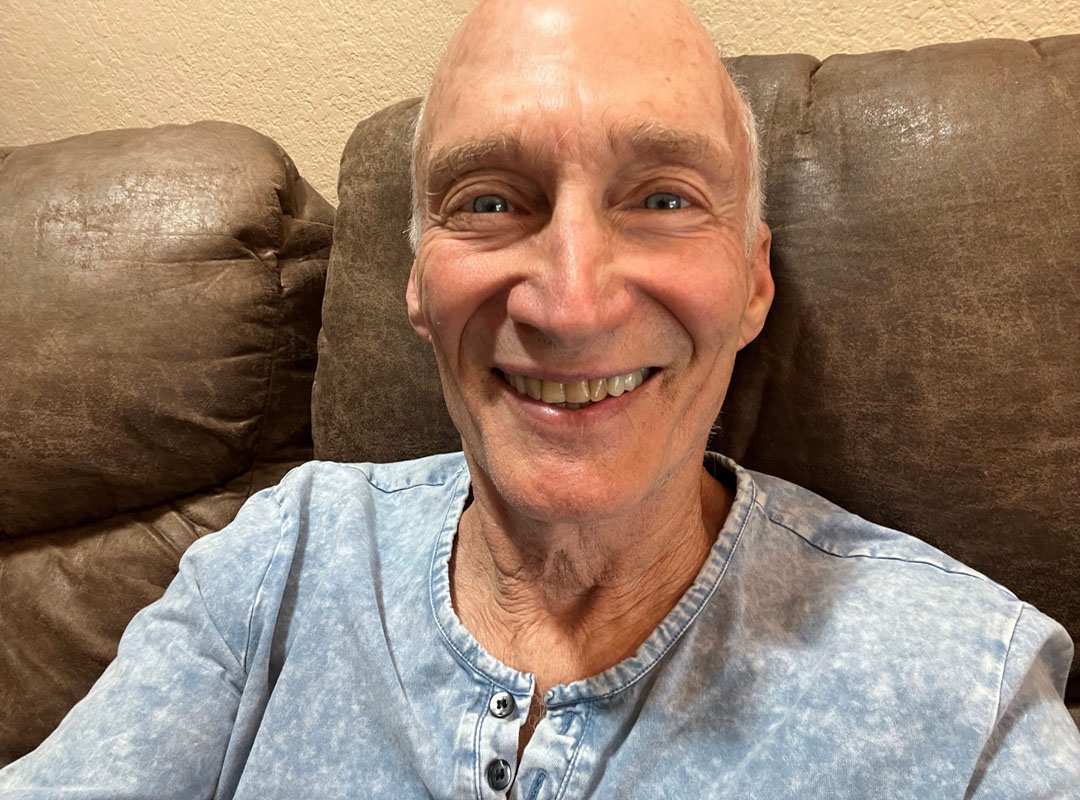
I love this article. It speaks to me of openness and innocence, to expect and receive the best and not assume that I know anything enough to judge, condemn or criticize. Thank you for this gem, JR. Another one of your many blessings.
gracias wonderful wisdoms taught as only a good man and master of light and love would have the caring and capability to dispense to us his friends and students. I miss your physical self already my JR rip all is well and we will soon join you. To the soul realm and beyond in the heart of God. love you always in all ways your initiate and friend TJ.
Sweet wind from heaven, breeze through all of our lives and steer us unto your heart.